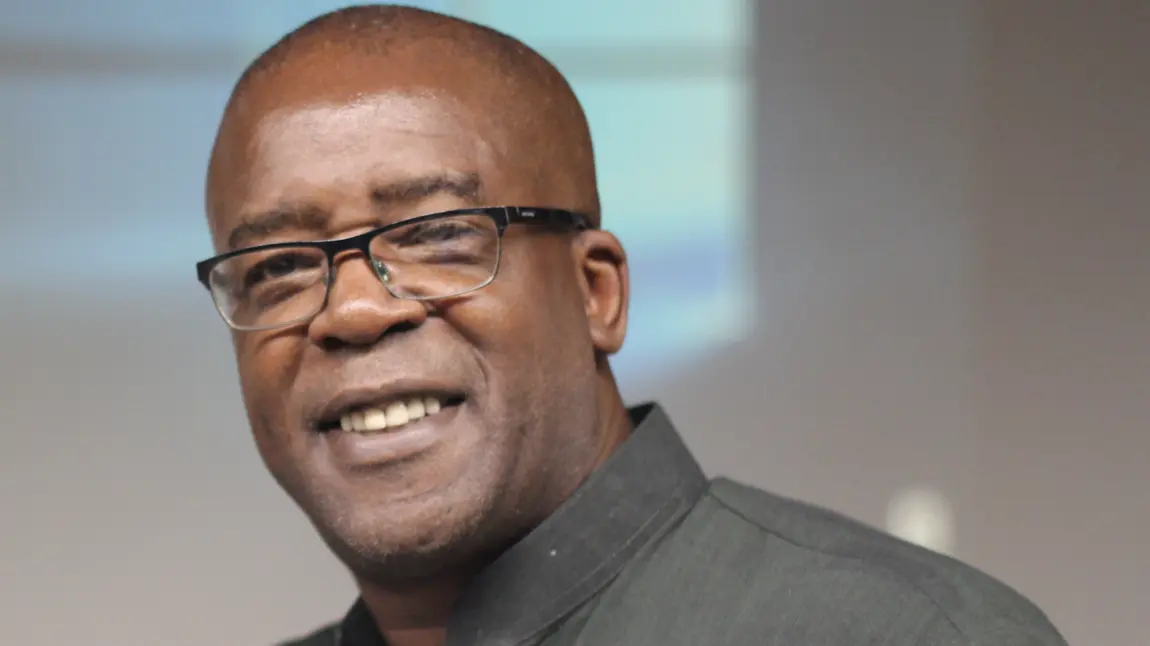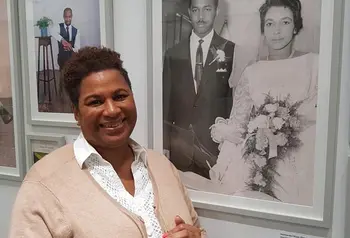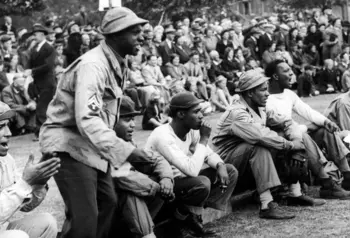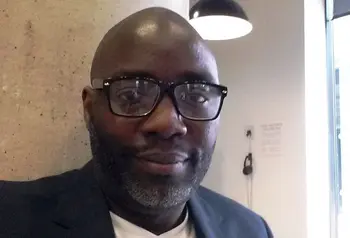After Windrush - telling stories of struggle and celebration

Why did you want to make this film?
I had the idea for about 25 years.
I'm an African-Caribbean British Yorkshireman. I was born here, raised here. I saw my mother and father go through racism, I went through it at school. Then when I came out of the military, I couldn’t even get a job, people were looking at me like I had three heads. I wanted to be respected – almost to be invisible but visible. And if I'm feeling this, how many others are feeling this?
I wanted the film to be a celebration of our journey, an acknowledgement of the struggle, and a closure and a motivation for the future.
What was the initial response from the community?
This is the back story. I'm 57, so of the first generation born here. The indigenous population didn’t want us here, there were lots of fears and phobias about people coming from the Caribbean. Back then, we were a very tight-knit community.
So when I asked people to come forward to offer their stories for the film, thinking about 25-30 would take part – my God that’s when I realised we still have those links. Around 85-100 people came forward.
Were there any surprises?
How much it inspired people. I never felt "inspired" to do it. I felt there was a need to do it.
The amount of people who said: "Wow, we’ve got to do more of this, we’ve got to share our heritage more"; that almost brought me to tears. So the Sikh communities of Huddersfield and beyond – they want to do their own film now, the Muslim communities, the Irish. The story of migration reaches everyone.
What would you say to anyone from a minority background who wants to do a similar project?
If your story hasn’t been told, tell it. It needs to be told, because it inspires others whose stories also haven’t been told, and it will inform, educate and entertain people in the right way about your culture.
Plan carefully. We were overwhelmed with the support, and financially you need to be ready for that.
Everything you think is your culture and "belongs" to you, be prepared to be surprised. When you have been marginalised as a minority group, you start to hold onto things that are precious to you – but I was shocked how many people had similar stories to me.
Do you have any practical tips in applying for National Lottery funding?
- Try to find somebody who understands the process before you start the journey, like a previous grantee.
- Be prepared to be disappointed – because it’s not guaranteed that you will get it.
- Be explicit about the outcomes of what your project is going to do, and the benefit it's going to have for your community and the wider community.
What have you learned from the experience?
I made sure we had a diverse team of volunteers – I’ve seen monocultural projects within the African-Caribbean community failing because they’re not taking on skills from other communities. I already loved the diverse nature of people, but this project really gave me a deeper understanding of what others have to navigate: class, gender, disability.
What do you think about Black History Month?
I think the positives far outweigh the negatives. Any month, week, day that raises the profile for people of African-Caribbean descent, past, present and aspirations for the future, has got to be good.
However I have an issue with the word "black". If it was African-Caribbean British History Month, you start looking at people more introspectively than just their colour.
Where can people see the film?
- 19 October: Heritage Quay, Huddersfield
- 23 October, 10am: Huddersfield Central Library
- 24 October: Kirklees Neighbourhood Housing
- Find out more on Facebook and the Kirklees Local TV website.
What's next for you?
We have more than 70 interviews that we haven't been able to use, I've got some big plans to share those stories and learnings.


